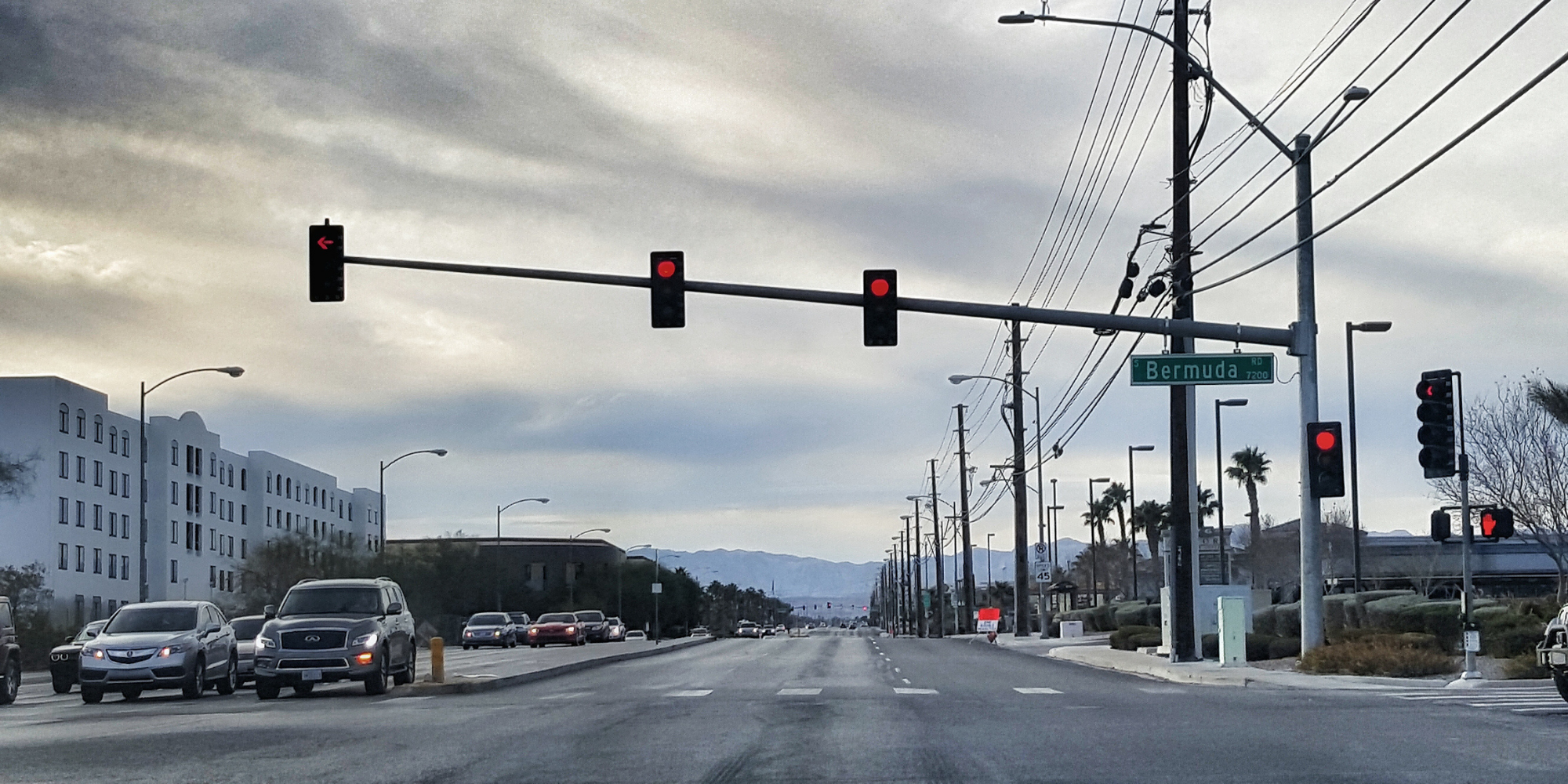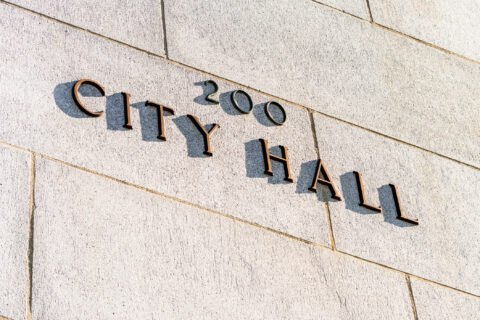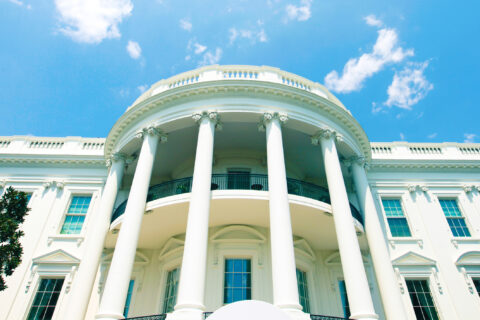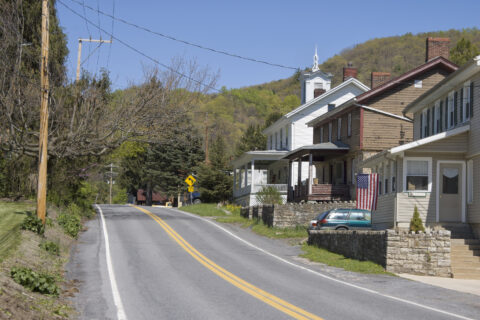The historic rollout of the COVID-19 vaccine campaign and $1.9 trillion American Rescue Plan Act (ARPA) which includes $65 billion in direct aid to cities, towns, and villages offers a tremendous sigh of relief to millions of Americans. Prioritizing what comes next, however can be a daunting task for city leaders. Fortunately, guidance from the US Department of Treasury is now available and offers important ideas on how to invest these critical funds.

One eligible use of ARPA funding that may not get as much attention but can make a huge difference in the lives of everyday Americans is rethinking resident debt to cities. Millions of people struggle to pay criminal justice fines and fees that total upwards of thousands of dollars, even for minor offenses. Local municipalities can implement meaningful financial empowerment strategies to support economic mobility for families impacted by the coronavirus pandemic. As moratoriums on utility bills, evictions and consumer loans are set to expire soon, the timing couldn’t be better to reform policies and practices that unfairly target Black, Indigenous, and people of color (BIPOC) communities.
With an unprecedented amount of direct funding available to cities this year, the pressure for local governments to rely on fees and fines revenue should ease up, along with the need to aggressively collect arrears from people who are unable to pay. Through ARPA funds, cities now have the freedom to go beyond – to do more in the way of debt forgiveness coupled with access to financial counseling resources and onramps to life-saving safety net and benefit programs.
The focus on municipal fines and fees has garnered significant attention recently due to COVID-19, and the reality that financial penalties are imposed more harshly on BIPOC communities. These debts owed to local governments may show up as fees which can provide a stream of funding to cover operating expenses for city services, and other debts reflect fines that are imposed on individuals for punitive measures, which can be either criminal or civil.
If ever there is a time to think big and re-imagine an equitable path forward for families that are struggling to put food on the table, the time is now. ARPA funding can support local efforts to expand financial empowerment programming such as one-on-one financial coaching services to help people handle their debt whether it’s due to the pandemic or in the future.
Municipalities can also be even more intentional by setting aside money specifically to fund a debt initiative program that extends beyond the crisis of COVID-19 and can easily complement existing financial empowerment efforts that prioritizes putting people back to work and addressing gaps in financial services.
Innovations in Restructuring Municipal Debt Owed by Residents
A debt initiative can be broad or very focused, depending on the goals and needs of the community. City leaders gained tremendous insights about the financial health of residents last year and can draw upon these insights in designing common-sense debt relief programs that can help families become financially secure. The National League of Cities also learned how cities can creatively restructure city utility debt through a three-year pilot study called LIFT-UP from 2013-2016 with five cities.
The breadth and scope of a city’s debt relief program can vary based on need and available resources and include a debt fund dedicated to recouping uncollected revenue in the form of debt forgiveness. Given the extent to which millions of people cannot pay municipal fines and fees and the systemic targeting of individuals in communities of color, ARPA offers a window for cities to wipe out debt that cannot be recouped and for the first time utilize an equity framework that can also repay themselves in ways that could never have been done before.
- For example, cities can offer debt forgiveness as an incentive or on the backend as a bonus for fulfilling program obligations. Prior to the pandemic, in York, Pa., city officials launched a short-term amnesty program to forgive up to $10 million owed to the city for sewage and garbage bills. Similarly, cities participating in NLC’s CAFFE program agreed to waive interest and fees for participants tied to program milestones and completion or in some cases apply a credit to a resident’s bill.
- Cities can address future debt obligations by building on traditional utility discount programs that offers support to elderly and low-wage earners. Recently, the City of Chicago launched a new debt relief initiative that reduces the cost of water, sewer, and water-sewer tax portions of City utility bills for low-income Chicago residents. $8.9 million has also been set aside for potential debt forgiveness for eligible homeowners.
- Finally, extended repayment plans for past due debt and debt restructuring options such as amended billing terms can offer relief for residents who are not eligible for debt forgiveness and income-based programs. This is a feasible option for cities that do not have authority to write-off debt due to city ordinances and policies.
COVID-19 Uncovers an Urgent Need to Address Unpaid Municipal Fines and Fees
Prior to ARPA, COVID-19 presented a dilemma for city leaders to reconcile a cities’ reliance on municipal fines and fees to fill revenue gaps, with hesitation to rebuild in ways that would harm vulnerable residents. According to the Texas Fair Defense Project, a ticket for minor offenses like speeding, jaywalking, or driving without insurance can lead to devastating consequences, especially for low-income families. Not only can the costs snowball quickly but missing a court date or payment can lead to arrest warrants and driver license suspensions, and even jail time.
Yet, even during the height of the pandemic last year, many cities stepped up to support residents by supporting various debt relief programs and new ways to address unpaid debts owed to their cities. Through executive and administrative orders, city officials waived millions in debt arrears in recognition of the economic fallout from the coronavirus pandemic.
Last October, the National League of Cities presented a panel of city officials and leaders on the negative impacts of fines and fees on family financial security and the intersection of public safety and racial injustice. The program and related blog highlighted existing city efforts that are underway to reform fine and fees structures that are racially biased. NLC’s work with five cities, Cities Addressing Fines and Fees Equitably, underscored deep-rooted disparities within municipal court practices, particularly in BIPOC communities. Compounding this inequity is the low rate of collection – across the board – that city agencies and debt collectors acknowledge but feel hampered to make a substantive policy change.
Debt forgiveness coupled with holistic financial empowerment programming can benefit everyone. Sometimes necessary actions must be taken to help make the playing field equitable for all.
The National League of Cities (NLC) is the voice of America’s cities, towns and villages, representing more than 200 million people. NLC works to strengthen local leadership, influence federal policy and drive innovative solutions. Learn more about becoming an NLC member at nlc.org/membership.
DISCLAIMER: The information contained here is not legal advice. It will be subject to change based on updates from the U.S. Department of the Treasury, and any recipients should confirm applicability to their specific situation.
Join Us
Want to learn more about you how can help increase economic mobility in your community? Reach out to the Economic Opportunity and Financial Empowerment team at the Institute for Youth, Education, & Families.








